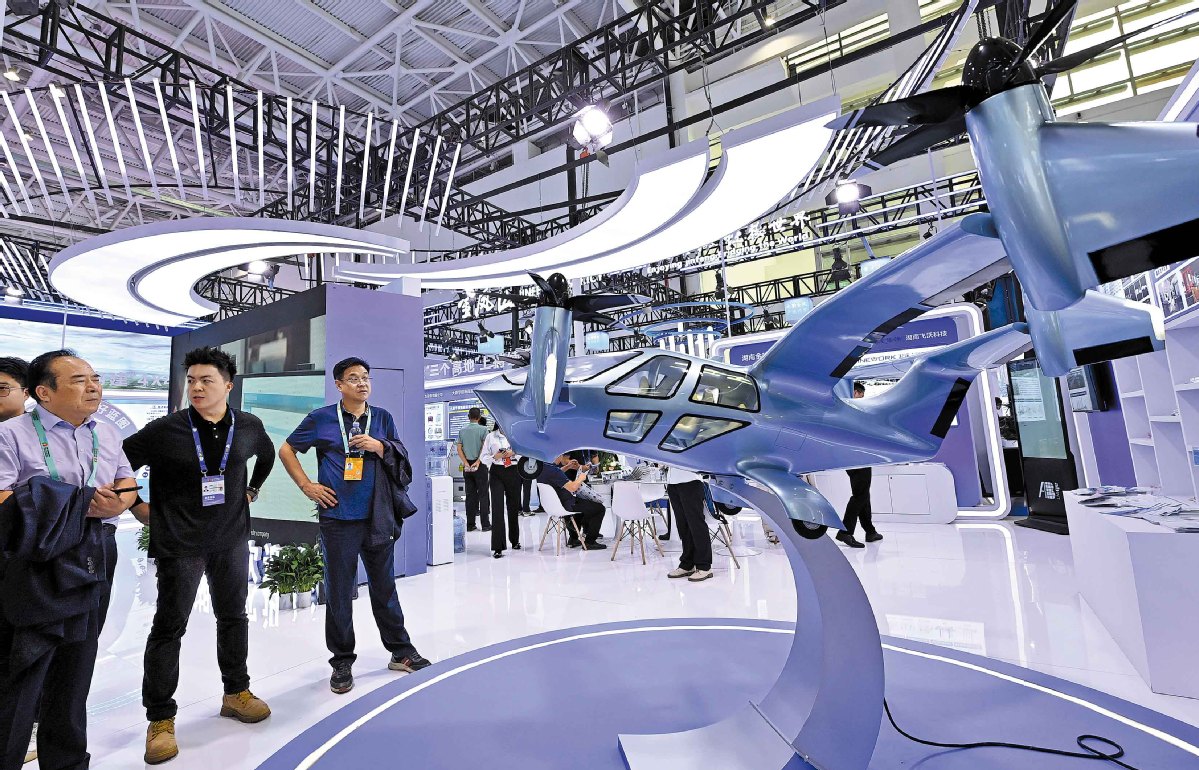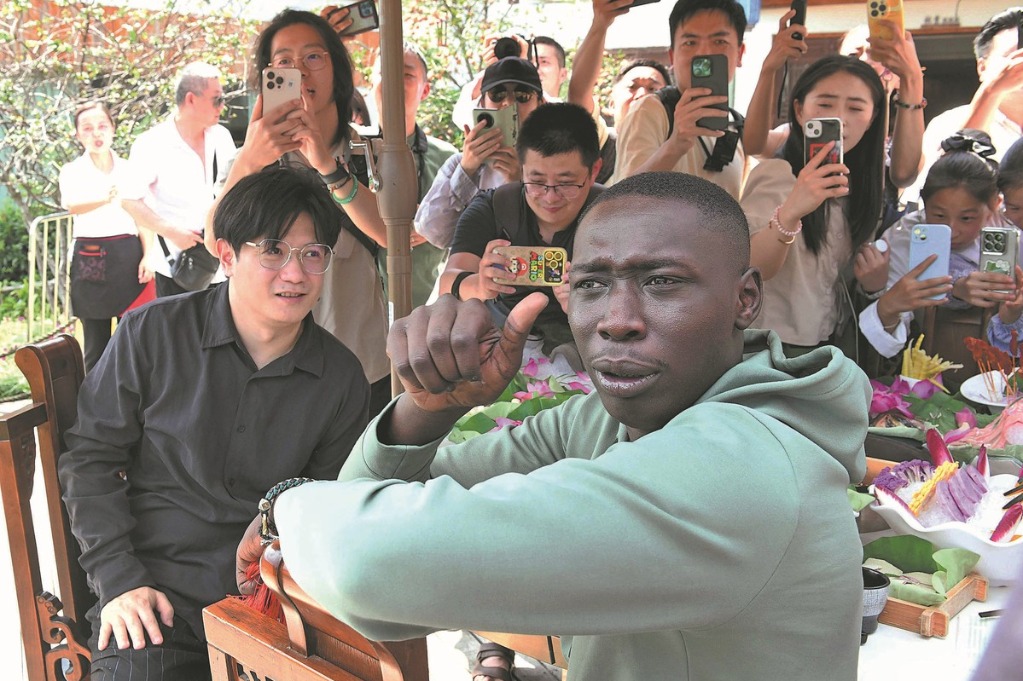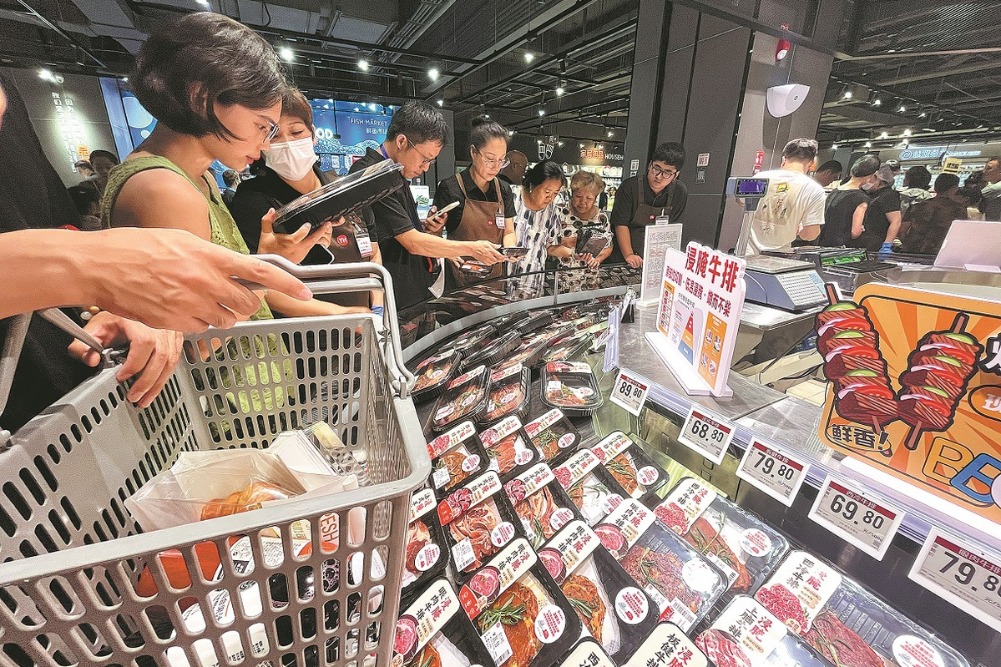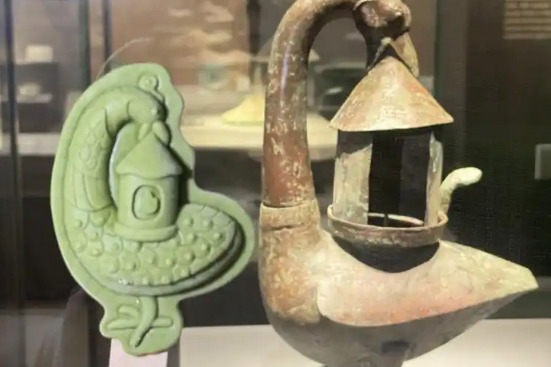Sino-Arabian ties focus on novel frontiers
Nation's tech, manufacturing prowess and Arab world's thrust on diversification creating new growth engines, experts say
By Wang Keju | chinadaily.com.cn | Updated: 2025-09-15 07:17

As China and the Arab world strengthen economic ties in traditional industries, their collaboration's promise lies in the vast, untapped potential of emerging and high-tech domains, from green energy to artificial intelligence, analysts and industry executives said.
China's technological prowess and manufacturing capabilities and the Arab nations' focus on economic diversification and modernization create a fertile ground for fostering new growth engines that will benefit both sides, they added.
At the recently concluded China-Arab States Expo in Yinchuan, Ningxia Hui autonomous region, an agricultural system exhibit commanded attention not through flashy presentation, but through sheer innovation of green and efficient food production, even in the arid Arab nations.
The centerpiece, from Ningxia Ziranke Ecological Environment Co, is a colossal containerized plant factory — a 12.2-meter-long, 2.5-meter-wide, 2.9-meter-high and 8.8-metric-ton behemoth.
Engineered with direct green power connectivity, it can plug directly into photovoltaic solar or wind power sources, ensuring stable energy supply for the entire agricultural process, said Ma Jintao, project manager of the company.
"It's decoupled from the external environment, thanks to its hydroponic control system and automated climate management," Ma said. "By eliminating the need for traditional farmland, this solution can be deployed virtually anywhere, from deserts to tundras."
The unit yield of this system can be several times higher than conventional farming methods, while using over 95 percent less water and virtually no pesticides, Ma said, adding that this unlocks new pathways for food production in the Arab world where there is sufficient green energy but a lack of water resources.
"We receive less than 100 millimeters of rainfall annually and have no natural rivers, with 90 percent of our water supply relying on seawater desalination and groundwater," said Alraddadi Jamal Salem M, CEO of Alraddadi Trading Co.
























